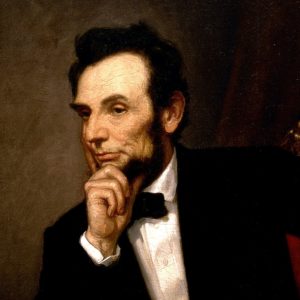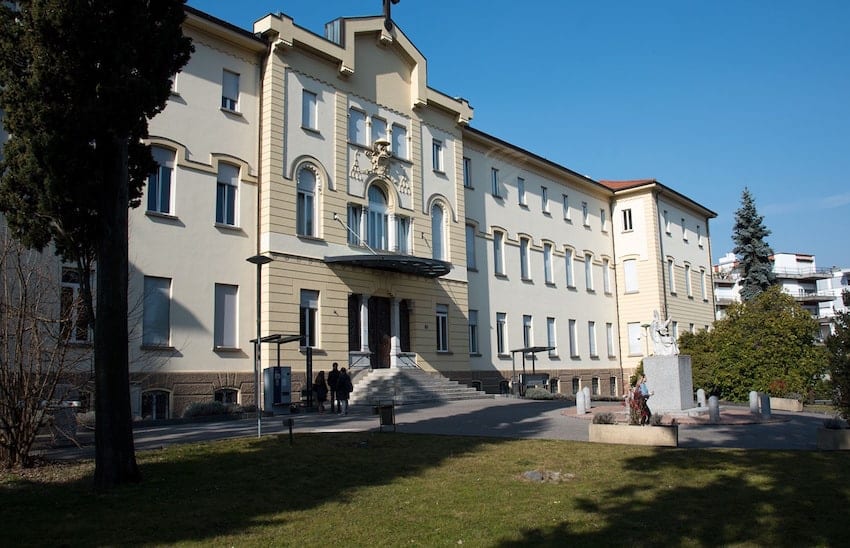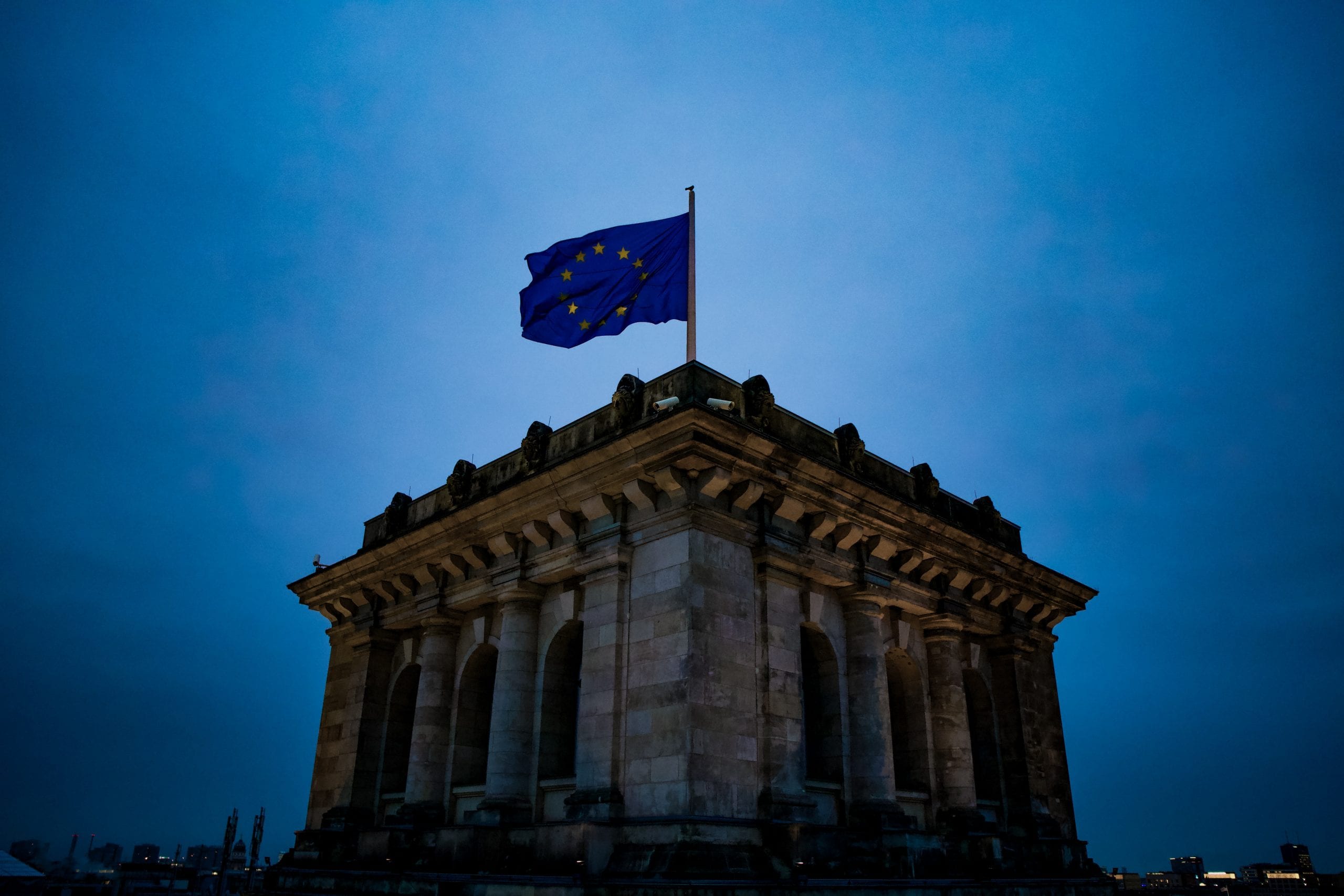
by A. Altieri D’Angelo
Proper planning, execution, and determination lead to success.
Most Americans need to learn their country’s history. That lack of knowledge creates greater stress because issues that appear threatening and new are not. Such is the case with the ongoing concern about the upcoming 2024 U.S. Presidential Election. Too many people, particularly populist politicians, declare that if the Republican Party fails to take back control of the U.S. government, a civil war could erupt. The news media, particularly the cable news networks, amplify such views, generating fear. If people realized that the U.S. had faced a similar issue and succeeded in overcoming the problem, concern about the country’s future would fade.
The extreme conservative wing of the Republican Party (MAGAs) is acting like the pro-slavery people of the 1860s (who were primarily located in the U.S. Southern States). The MAGAs who encouraged the January 6th riot and the 1860 secessionists have at least one thing in common: they denied the election results for reasons related to culture and white supremacy. The people supporting the riot rejected the U.S. liberal culture and the increasing power of the non-white population. The secessionists wanted to keep their slaves. Then, as now, these anti-liberal populists rebuffed the results of a democratic voting process and sought to impose their will on the majority. The Lincoln election of 1860 is a prime example of how such people sought to overturn the 1860 election.
Lincoln won the presidential election on November 6th, 1860. The Southern States considered Lincoln’s victory a direct attack on their property rights and way of life. The people of the South were deeply frustrated and angry because they lost the election and were outraged that the majority of the U.S. considered slavery morally wrong.
They believed that Lincoln would end slavery. Lincoln was undoubtedly against slavery. He campaigned on that platform but made it clear he would not attempt to eliminate it where it currently existed. The President-Elect stated publicly that the U.S. Constitution did not allow the federal government to intervene in the slavery issue. However, he also said he would not want slavery extended to new states or territories. However, the Southern States believed Lincoln’s election signaled that the South could no longer live with the North and had to leave. Seven Southern States seceded from the U.S. before Lincoln could be sworn in on March 4th, 1861. But many in the South wanted to take control of the U.S. and not just secede.
After the November 1860 election, many rumors of plots to kill Lincoln were circulating throughout Washington D.C. (the District). President-Elect Lincoln was not initially concerned about an assassination attempt on his life. Still, he realized that pro-slavery sympathizers could attempt to disrupt the counting of the state’s electoral votes, creating chaos that could lead to the Southern States attacking the District. He reached out to the commanding general of the U.S. Army, Winfield Scott, and asked for help. Scott posted hundreds of soldiers and artillery in the District. Plainclothes police were brought in from the Northern States to mingle with the crowd and ensure that no attempt could disrupt the electoral vote count.
A mob attempted to stop the count. They sought to enter the Capital Building, but the enhanced security provided by Scott and others kept them from disturbing the count. Proper planning foiled the plot. (It is mind-boggling that Capital’s security forces in 2021 did not plan for such an event. If they had read the history of the 1861 attempt, they would have found a plan ready to be implemented.)
Pro-slavery sympathizers plotted to kill Lincoln while he was traveling to the District. A private detective, Allan Pinkerton, uncovered a plot to assassinate the President in Baltimore. It was a well-funded plan that could have been successful had it not been for Pinkerton’s intervention.
The similarities to 1861 do not end with the mob trying to enter the Capital Building; politicians in 1860-1861 whipped up conspiracy theories. They preyed upon people’s fear of change and loss of power. Present-day politicians are doing the same thing. As in 1860, MAGAs are already angry about losing an election and becoming more militant. They keep talking about civil war.
The people of the U.S. must stand ready to resist any attempt by a minority of voters (the MAGAs) to intimidate or coerce that majority. The U.S. has been through this kind of drama before. We survived a civil war that cost over 700,000 lives. Civil War is very unlikely, but we must always be prepared to defend against people’s worst tendencies.
History tells us we can succeed through proper planning, execution, and determination.



















